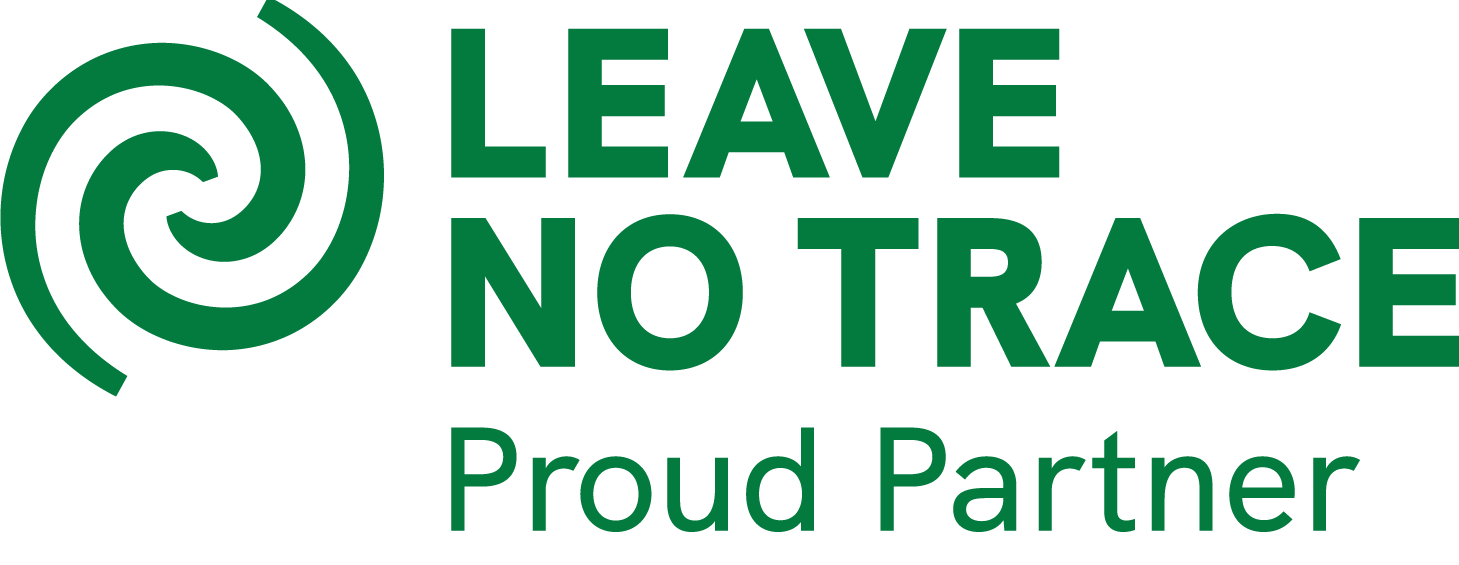Granite Mountain Guides
|
As Climbing gets more popular it is important that we are taking the precautions to preserve the community and land that we so deeply love. This industry is full of constant information; standards and best practices are always evolving to become safer and we learn about new land management policies, to name a few. It is important to us that instead of creating new information in this endless sea of resources, to instead refer you to, and share information from, credible resources that are consistently being evaluated by professionals in the industry. Keeping climbing safe and protected will only be sustainable if we all work collaboratively instead of competitively. We would like to take a moment to highlight topics that we think are crucial to keep climbing safe, accessible, and protected for current and future generations. 1 | Wilderness Medicine Training
2 | Formal Education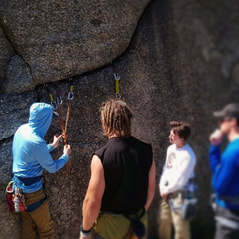 Formal Education is another key to keeping climbing safe and protected. We value formal education in a climbing setting more and more as climbing is growing in popularity. After learning a technical skill, it can be very dangerous when first putting it into practice. For example, learning how to clean an anchor can be one of the most dangerous parts of learning to climb outside if learning under improper instruction. The formal educational setting is important when we first learn a new skill, as it provides a more controlled environment with guides who are managing the risks. The professionalism of this learning environment also enhances one’s ability to take in new information and retain it for future use. It is important to note that there is a difference between experienced mentors and professional guides/instructors, especially those that are certified by the American Mountain Guides Association (AMGA). Many times, experienced mentors have alternate, occasionally selfish motives. When working with a professional guide, you are ensuring that the person providing you new skills is up to date on best practices and presents the content in a safe, clear, and concise fashion. Professional guides work with your individual learning style and tailor your time together to suit your personal needs. 3 | Intentional Mentorship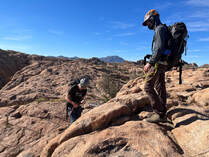 While we encourage formal instruction for learning new skills, we are still advocates for Intentional Mentorship. It is still equally important to have Intentional Mentorship in the climbing realm, and this dates back to the origin of climbing in the early 1900's. Mentorship is how we can learn "everything else". In an ideal case, someone will learn a new skill in a professional setting and then has an experienced mentor to supervise them until they reach a comfort in performing that task. This is similar to going to College and then having an Internship for further practice. In this fashion, it is often easy for mentors to be the ones teaching new material, which can often times lead to teaching these skills in a chaotic setting. Have you seen someone at the base of a crag yelling instructions up to another climber before? It isn't a great scenario to witness! As guides and instructors (and recreational climbers) it is a high priority to educate others, especially those new to the community on the importance of local climbing ethics, Leave No Trace Principles, and local climbing etiquette. These topics are very important, but can be difficult to cover in depth when the priority during a course set in an instructional setting, or a guided trip is risk mitigation/management and explicit instruction on technical skills. This is where Intentional Mentorship comes in, mentors have a unique opportunity to set an example and pass on these ethics, principles, and etiquettes in depth and in context to keep climbing safe and protected. We always encourage our guests to be mindful of mentors, identify where their personal biases may be, and make sure to always ask questions! This not only includes the time when they are out climbing on their own, but also with us in an Instructional Course or a Guided Trip. In the next articles we are going to dive deeper into each of the three topics discussed above to provide resources on Wilderness Medicine Training, Formal Education, and Intentional Mentorship. It is important to us that we work together as a community to keep our Public Lands clean, and protect our ability to climb especially in a time where the number of climbers is drastically increasing. At Granite Mountain Guides we will continue doing our part, by educating climbers and outdoor enthusiasts alike about all aspects of the natural world. Join us!
As helpful as online resources can be, always remember to SEEK. QUALIFIED. INSTRUCTION
0 Comments
Leave a Reply. |
AuthorGranite Mountain Guides strives to empower local climbing communities with the knowledge they need to make sound decisions in the vertical world. Archives
March 2022
Categories |
Seek. Qualified. Instruction.
|
This institution is operated under special use permit with the Prescott National Forest & Coronado National Forest. This institution is operated under special use permit with the City of Scottsdale McDowell Sonoran Preserve. This institution operates under a Guest permit for Red Rock Canyon National Conservation Area by the Bureau of Land Management. Granite Mountain Guides, LLC is an equal opportunity provider.
|
SOCIAL |
HoursSu-Sa: 7am - 6pm
|
Telephone480.748.1437
|
|
© Granite Mountain Guides, LLC 2016-2023. All rights reserved.
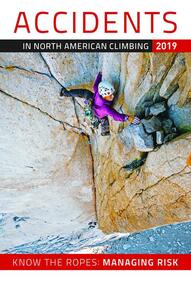

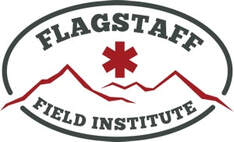
 RSS Feed
RSS Feed




